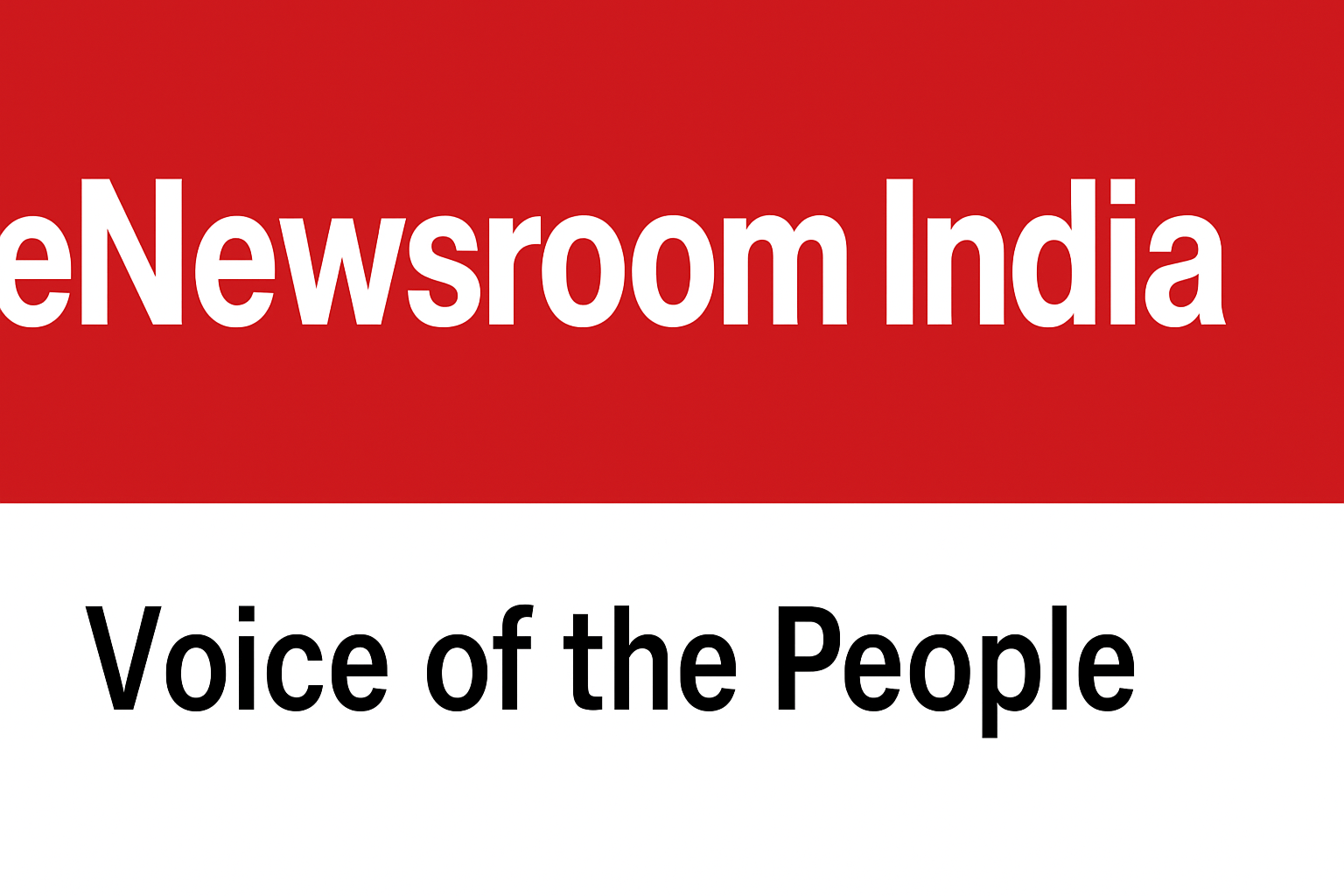[dropcap]C[/dropcap]ommunal violence has been the bane of Indian politics for over a century. Most scholars consider such violence a planned phenomenon. This violence is generally followed by rising communal polarization. Scholars have also observed that “riots produce ethnic polarization that benefits ethno-religious parties at the expense of the Congress.” They maintain that while Hindu-Muslim riots are electorally costly for the Congress, these riots, in effect, strengthen ethno-religious parties at the expense of multi-ethnic ones like the Congress. True to this observation, more and more pretexts are generated to instigate violence and reap its electoral benefits.
New pretexts continue to be added to the long list—playing loud music in front of mosques, throwing beef in temples, and spreading rumours—each becoming central to the phenomenon of spreading hate. To this has been added the demonization of Muslim kings, accusations of temple destruction by them, the claim that Islam was spread by the sword, and the portrayal of large Muslim families as a threat to Hindus’ becoming a minority in the country. In recent decades, new hate-creation mechanisms have emerged around issues such as cow protection, beef-eating, “love jihad,” and many other imagined jihads—the most notorious being “Corona Jihad,” “Land Jihad,” and, most recently, “Paper Leak Jihad.”
All this comes to mind as the country now witnesses violence constructed around an innocuous slogan—“I Love Mohammad.” It began in Kanpur, when, during Milad-un-Nabi—the procession celebrating the birthday of Prophet Mohammad—some people objected to the banner “I Love Mohammad,” claiming that a new tradition was being added to the religious festival. A section of the police accepted this argument and filed FIRs against those carrying such posters. This was a complete violation of democratic norms. A peaceful procession expressing love and respect for the Prophet cannot be seen as a breach of any law. Yet, violence around this issue spread to several districts across Uttar Pradesh.
When Faith Becomes a Faultline
The Kanpur incident was the first, followed by similar episodes in Bareilly, Barabanki, Mau, and in Kashipur of Udham Singh Nagar district in Uttarakhand, among several other places. In each instance, poster-tearing and violence followed, further vitiating the atmosphere. According to the documentation by the Association for Protection of Civil Rights (APCR), there have been 21 FIRs related to the “I Love Mohammad” campaign, affecting 1,324 people, with 38 arrests. In Bareilly, the internet was suspended for a few days, and local leader Maulana Tauqeer Raza Khan was placed under house arrest for a week. He alleged that Muslims were being harassed indiscriminately. He had called for submitting a memorandum on the Kanpur incident but did not turn up himself, which led to chaos. This irresponsible act resulted in the arrest of many Muslims.
This entire sequence of events brought to the fore the deep-seated hatred against Muslims. As often happens, top communal leaders gave dog whistles that triggered local elements to intensify their hate campaigns, ultimately leading to violence. Prime Minister Narendra Modi has been doing this time and again, mostly around election periods. This time, their campaign has revived the term “ghuspaithiye” (infiltrators), a word that has become a curse for Muslims, especially in Bihar and Assam. One justification for the dreaded Special Intensive Registration (SIR)—which the government plans to expand nationwide after Bihar—is that over 47 lakh voters were disenfranchised there under its pretext.
Hate as a Political Strategy
In Uttar Pradesh, where the maximum number of such incidents have occurred, Chief Minister Yogi Adityanath made statements unbecoming of a state leader. He said he would “give tickets to hell” to those dreaming of raising the “Gazwa-e-Hind” slogan. But where does this “Gazwa-e-Hind” even come from? Indian Muslims, a section of whom were merely expressing affection with the slogan “I Love Mohammad,” are now being accused of something they never invoked. The term “Gazwa-e-Hind” has been used by Taliban-type groups, and the Hindu Right is now accusing the entire Muslim community of harboring this idea. As such, “Gazwa-e-Hind” finds no mention in the Quran. It appears only in a doubtful Hadith, and even there, the term “Hind” refers to Basra, not India. Some hotheads in Pakistan have used it metaphorically to describe wars with India, but to generalize this to all Indian Muslims is malicious and absurd.
Yogi further claimed that “I Love Mohammad” posters were being used to instill anarchy. He urged Hindus to stay alert against “anti-Hindu and anti-national activities” (Indian Express, Mumbai Edition, September 29, p.6). This is a shocking attempt to create ill will against India’s largest minority. How can such a slogan—an expression of faith and affection—be seen as anarchic or anti-national? Such statements defy democratic values and the constitutional right to free expression.
Weaponizing Festivals, Wounding Fraternity
The “I Love Mohammad” episode is yet another attempt to intimidate and marginalize Muslims. A peaceful display of affection for one’s Prophet falls squarely within the bounds of democratic expression. Ironically, while Muslim processions are being criminalized, Hindu religious processions such as those on Ram Navami often feature DJs blasting loud music, with saffron flags hoisted atop mosques. Some of our festivals are being weaponized. As documented by Irfan Engineer and Neha Dabhade in their book Weaponization of Hindu Festivals, ground-level investigations show that the Ram Navami procession, in particular, has often been used to create nuisance around mosques and Muslim-majority areas. The converse of this is the demonization of Muslim festivals—Milad-un-Nabi with its “I Love Mohammad” banner being a painful example.
Such hateful responses to Muslim festivals deepen the partition of hearts, fuel polarization, and erode the spirit of fraternity—an essential value enshrined in the Indian Constitution. The statements made by the UP Chief Minister also violate constitutional morality. In such times, the Muslim community must remain realistic and cautious, avoiding any pretext that communal forces could exploit to demonize them further.


